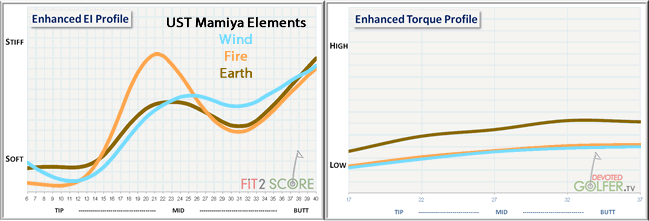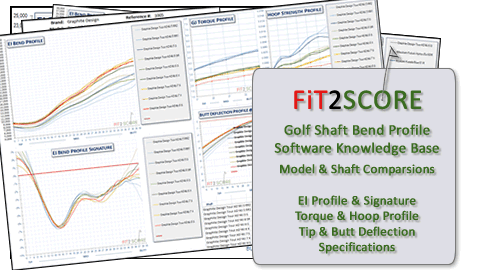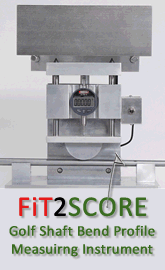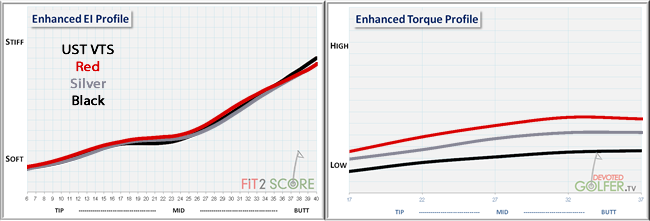UST Mamiya Elements – Earth – Fire – Wind Driver Golf Shafts


The UST ATTAS elements released in 2012. It is available in three versions, MK, DK and RK in the original green Asian version and Earth, Wind and Fire in the 2013 American graphics. Offering different launch options in a single model is quickly becoming an industry standard.
The elements is the latest generation design based on the UST research that ranked shaft performance order of importance as tip stiffness, mid stiffness, torque and butt stiffness. Their field testing is reflected in the higher torque design of the Earth, the lower launching version. The low launch version, the elements Earth has slightly higher torque than the mid and high launch elements Fire and Wind.The UST Mamiya elements profiles are consistent from weight to weight and flex to flex. The radial profiles are exceptional, every shaft measured less that 0.5% difference in flex from stiff to soft side. This means the shaft can be installed in any orientation in a rotating hosel driver. The FLO was oriented to the label on every shaft I measured.
I personally like the return to the familiar mustard and black color scheme that has long been a hallmark of UST Mamiya on the PGA Tour. The finish is multilayer spray paint I saw during a visit to the Fort Worth Texas US headquarters. It took several passes/days through the finishing operation to apply the colors, silk screen graphics and clear finish coat. You do not truly understand what is involved in making a golf shaft until you get to see it happen. When you realize how much of the operation is done by hand, you have respect for a product like the UST Mamiya elements that is so very consistent from shaft to shaft.

The numbers:
Earth: Tip torque, 60g = 3.0, 70g = 2.6 – Butt torque, 60g = 4.3, 70g = 3.7
Wind: Tip torque, 60g = 2.4, 70g = 2.0 – Butt torque, 60g = 3.3, 70g = 2.9
Fire: Tip torque, 60g = 2.3, 70g = 2.0 – Butt torque, 60g = 3.4, 70g = 3.0
Balance points were 25 to 25.5 inches from the tip putting this in the category one might refer to as counter weighted. Raw shaft weight was generally indicated by the shaft number, 6=68g, 7=77g
When the UST Mamiya first appeared last year on Tour, I spent some time with Michael Guerrette, VP, Product Research & Tour Development, discussing the element, here is what he had to say.
During a recent visit to the UST facility in Fort Worth, Michael made an interesting point. He said most everything we know about shaft design and shaft performance comes from observation. “We have yet to develop the technology to get inside the tornado and truly understand what is happening. But were working on developing the technologies that will get us there.” UST Mamiya has taken some bold steps in the shaft business lately, first with the VTS line of shafts that gave their TourSPX certified fitters torque options and now with the elements offering flighting options.
Asian Graphics 
 Kirk James & Mark Vallier, Golf Digest America’s 100 Best Clubfitter
Kirk James & Mark Vallier, Golf Digest America’s 100 Best Clubfitter







